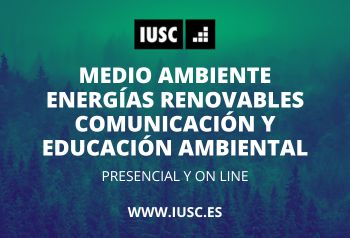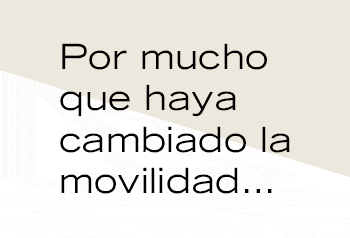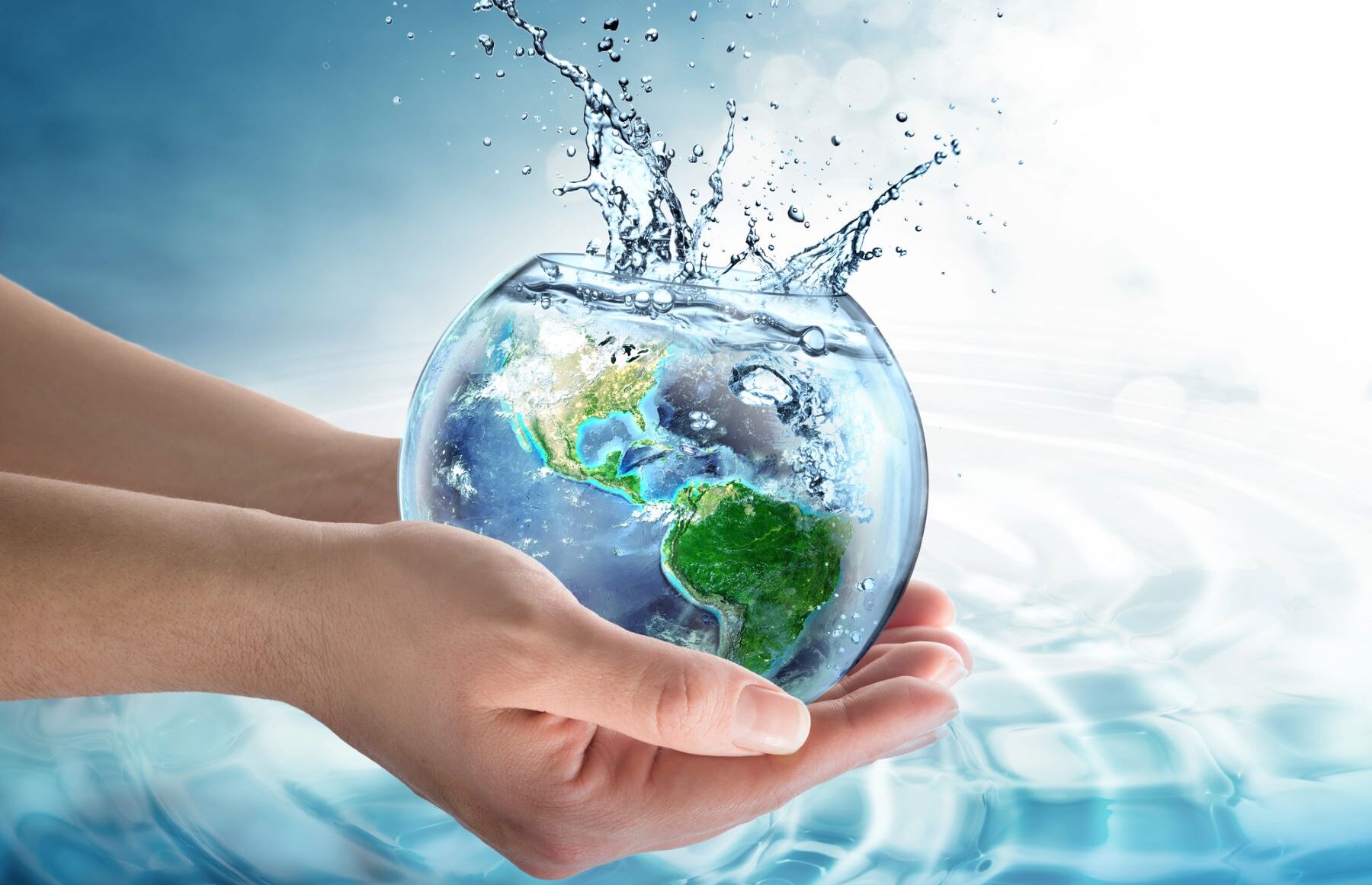Climate change is reducing available water resources, so it is essential that there be a progressive reduction in water consumption, especially in the agricultural sector, to adjust it to this climate emergency scenario.
Water is essential for the maintenance of ecosystems and the environment. Likewise, people’s access to this common good and sanitation is a human right, which is why it should never be subordinated to economic and financial interests.
Old NGO complaints about water
The construction of unnecessary swamps, the drying up of wetlands as is happening in Doñana, the contamination of water sources such as the one It happened with lindane or some transfers that has no reason to exist are some of the milestones that environmental organizations have been pointing out for many years as dispensable water ‘sinks’.
Cases such as the Tajo-Segura transfer stand out, due to the damage it is causing in the donor basin, as well as the Siurana-Riudecanyes (Tarragona) transfer, which literally leaves the Siurana river dry, with the environmental consequences that this entails.
On the other hand, one of the oldest demands of environmental NGOs is that the implementation of new irrigation systems, whose surface area continues to increase, and which currently accounts for more than 90% of net water consumption. It also calls for reducing the irrigated area in Spain to sustainable levels, which are estimated at 3 – 3.2 million hectares, almost half of what is currently implemented.


Water, climate change and spurious interests
He climate change is producing a reduction in available water resources, as well as an increase in the frequency and intensity of torrential rains. This situation, added to the heat waves and extreme events, causes a breakdown of ecosystem balances.
That is why it is essential that there be a progressive reduction in consumption, especially in the agricultural sector, to adjust it to the new scenario. He Drinking water and sanitation must be accessible to the entire populationregardless of whether you can pay them or not, since these are inalienable and, therefore, universal human rights that must be guaranteed. According to many NGOs, the supply of drinking water should be managed by the public sector in a direct, transparent and participatory manner.
On the other hand, it is necessary to continue working on improving wastewater treatment and completely stopping diffuse pollution generated by industrial or intensive agriculture and livestock farming, which has earned the Spanish State, on behalf of the European Commission, the opening of several infringement procedures, before “the insufficient protection of its waters against pollution caused by nitrates from agricultural sources».
This sector is almost irreversibly damaging many aquifers and springs, making them unusable for human, plant and animal use and consumption, and the number of populations that, as a result, lack drinking tap water and biodiversity is increasing. who perishes because of thirst. Therefore, the Ecological flows should be guaranteed for all temporary and permanent watercourses. And it would be essential that they be guaranteed with environmental criteria, without being conditioned by other consumptive uses.
It is necessary a more environmental and social management of water, that cannot be conditioned, as is the case today, by the interests of different economic sectors such as industrial agriculture, construction companies and energy companies.
The truth is that whatever these organizations say, their ultimate goal is profit, so it is normal for them to look after their own interests. The problem arises when they do it coast of environmental destruction, biodiversity and quality of life, in addition to the rights of the entire population.

